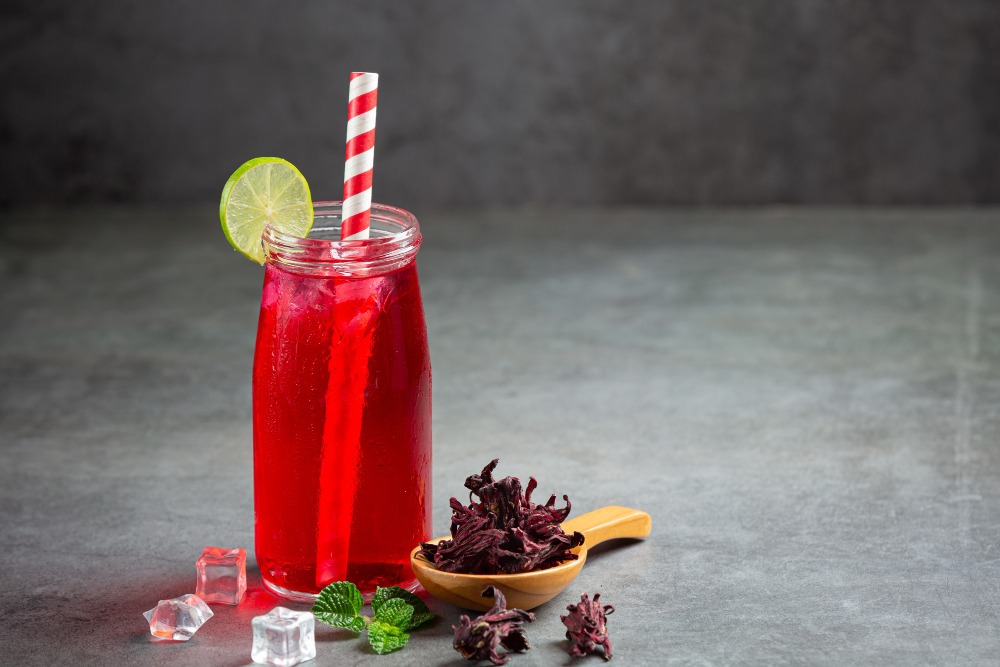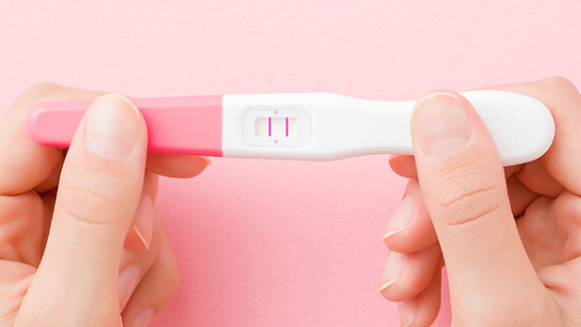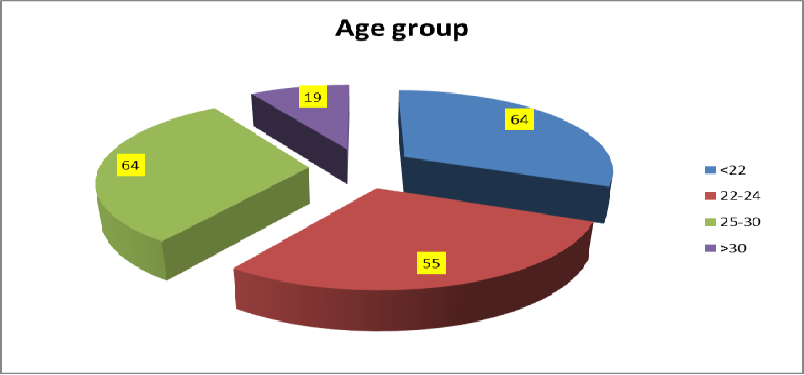Introduction:
Miscarriage is a delicate subject that concerns many expecting mothers. It’s essential to distinguish between myths and facts when it comes to pregnancy-related concerns. In this blog post, we will explore common misconceptions surrounding hibiscus tea, pickle juice, vitamin C, and chili, and shed light on their impact on pregnancy. We will also provide valuable tips for a healthy and safe pregnancy journey.
Understanding Miscarriage: Before delving into specific myths, it’s crucial to understand miscarriage. A miscarriage occurs when a pregnancy ends spontaneously before reaching the 20th week. Causes can include chromosomal abnormalities, maternal health issues, lifestyle factors, and more. The risk of miscarriage is relatively common, affecting around 10-20% of known pregnancies.
Hibiscus Tea and Miscarriage:
Hibiscus tea has gained popularity for its vibrant color and numerous health benefits. However, there’s a misconception that it can cause miscarriage. This myth likely arose due to its potential to lower blood pressure. Still, studies on pregnant animals and limited human research suggest hibiscus tea might be harmful in high quantities. Pregnant women are advised to enjoy hibiscus tea in moderation and consult their healthcare provider for guidance. 
Pickle Juice and Miscarriage:
The idea that pickle juice can cause miscarriage is another myth that has circulated online. While pickles contain vinegar, which can be a source of concern, there is no scientific evidence to support a direct link between pickle juice consumption and miscarriage. However, pickle juice might not be the best choice during pregnancy due to its high sodium content, which can lead to fluid retention. Pregnant women should opt for a balanced diet and moderate their sodium intake.
Vitamin C and Miscarriage:
Vitamin C is essential for overall health, but excessive consumption during pregnancy has been a subject of concern. Some studies suggest that extremely high doses of vitamin C might increase the risk of miscarriage. However, consuming vitamin C through a balanced diet or prenatal supplements within the recommended dosage is safe and beneficial during pregnancy. As always, consult your healthcare provider before taking any supplements.
Chili and Miscarriage – Separating Fact from Fiction:
The idea that spicy foods, including chili, can cause miscarriage has been a long-standing belief in some cultures. However, there is no scientific evidence supporting this claim. Spicy foods might cause indigestion or heartburn, which can be uncomfortable during pregnancy, but they do not induce miscarriage.
Frequently asked questions (FAQ:)
Q1. Can hibiscus tea be consumed during pregnancy?
A: Yes, hibiscus tea can be consumed in moderation during pregnancy. However, excessive intake should be avoided, as it may have adverse effects on blood pressure.
Q2. Is pickle juice safe during pregnancy?
A: While pickle juice is not known to cause miscarriage, it is high in sodium. Pregnant women should be cautious about their sodium intake and opt for healthier beverage choices.
Q3. Can vitamin C cause miscarriage?
A: Consuming vitamin C within the recommended dosage through a balanced diet or prenatal supplements is safe during pregnancy. Extremely high doses may pose a risk, so it’s essential to consult your healthcare provider.
Q4. Does eating chili cause miscarriage?
A: No, eating spicy foods, including chili, does not cause miscarriage. However, some pregnant women may experience discomfort such as heartburn after consuming spicy foods.
Conclusion:
Misconceptions surrounding hibiscus tea, pickle juice, vitamin C, and chili and their relation to miscarriage can cause unnecessary anxiety among expecting mothers. It’s vital to base decisions on evidence-based information and consult healthcare providers for personalized advice. By dispelling myths and promoting accurate knowledge, we can empower women to have healthier and safer pregnancies. Remember, every pregnancy is unique, and seeking professional guidance is key to a successful pregnancy journey.





